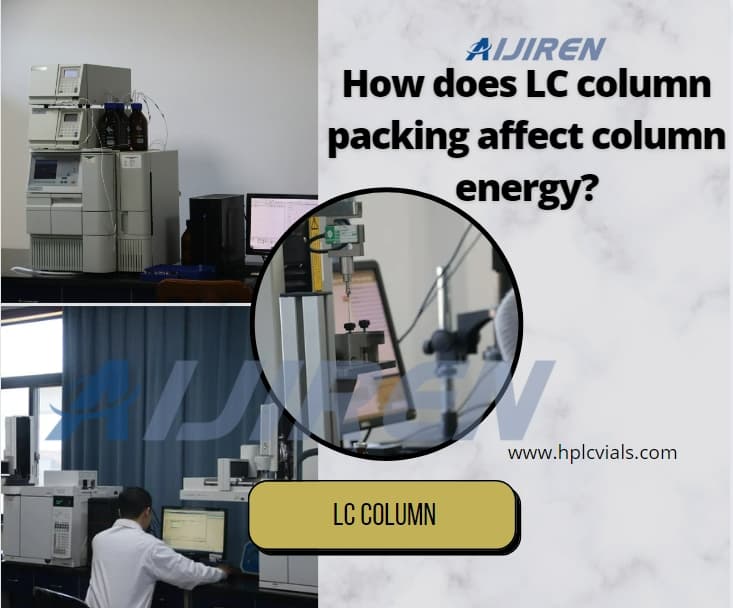
The performance of LC columns depends primarily on the nature and type of packing. The size, shape, bonded phase, carbon content, etc. of the packing can all affect the performance of the liquid chromatography column, which is very helpful for our use and selection of chromatography columns.
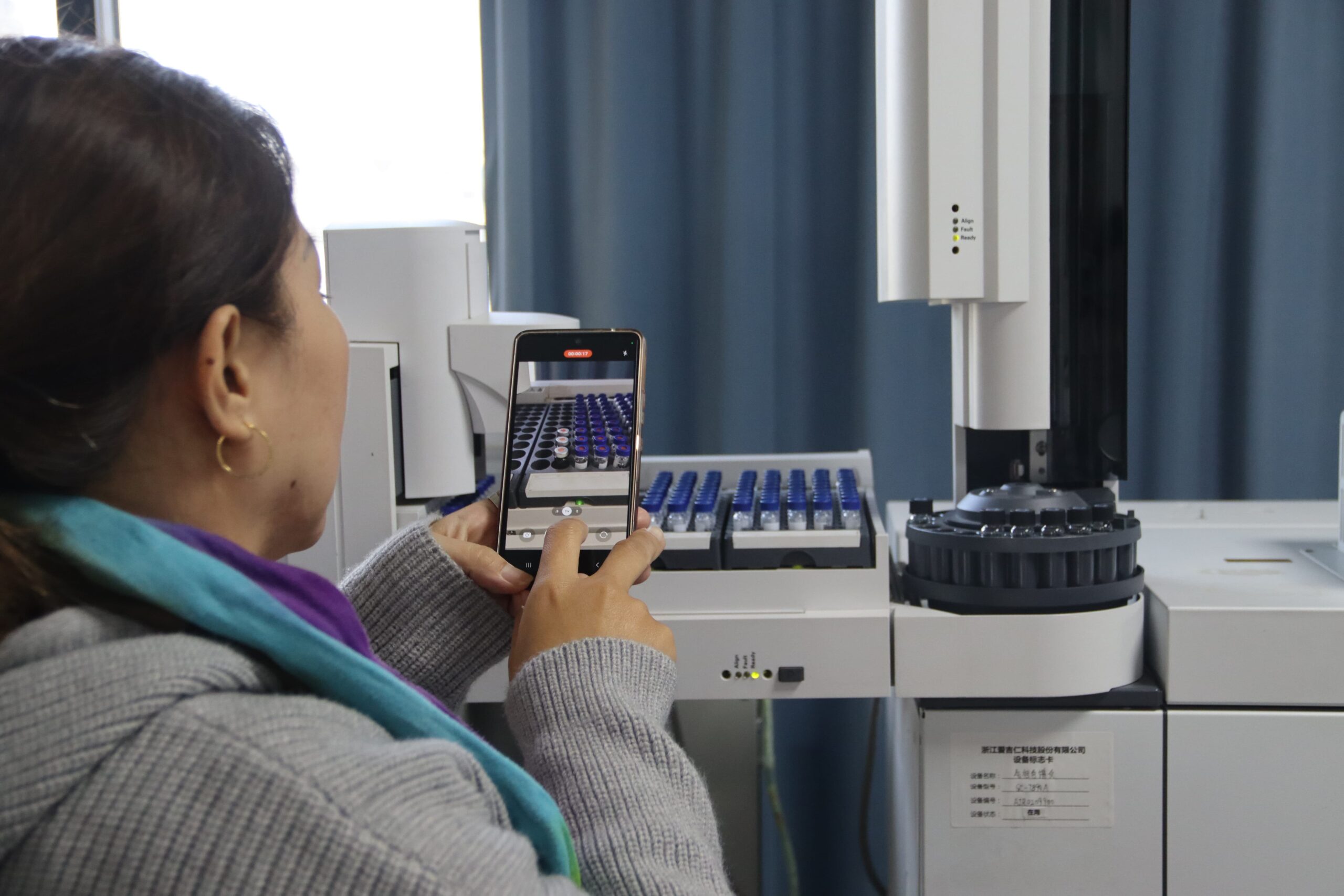
When analyzing compounds with gas chromatography (GC) and gas chromatography-mass spectrometry, sometimes you will encounter the problem of chromatographic peak tailing, which is mainly analyzed from the following aspects:

When analyzing compounds with gas chromatography (GC) and gas chromatography-mass spectrometry, sometimes you will encounter the problem of chromatographic peak tailing, which is mainly analyzed from the following aspects:
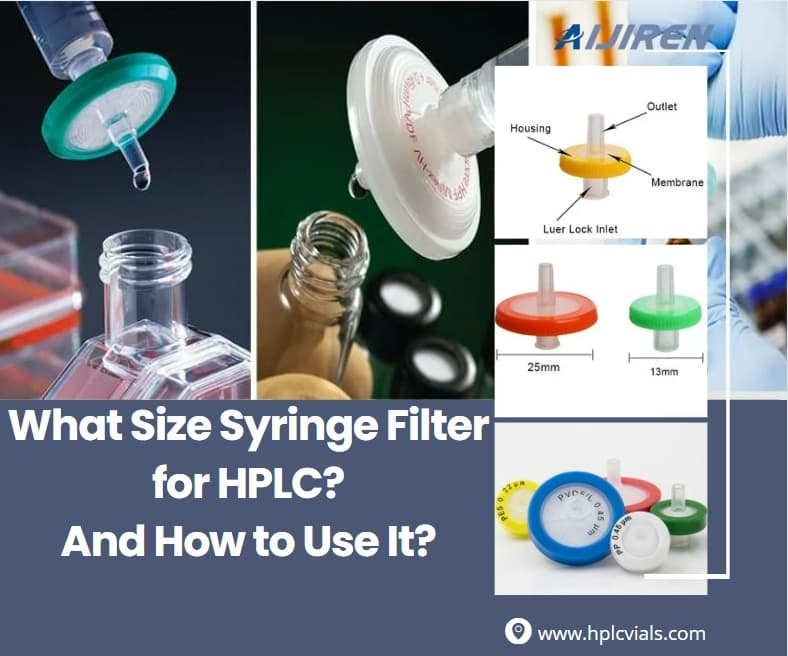
Syringe filters provide high flow rates and loading capacities, making them ideal for sample preparation for HPLC and ion chromatography. Their use extends column lifetime significantly, while their variety of membrane types and pore sizes makes them a versatile choice. Get the most out of your chromatography data with the right filter. When choosing a syringe filter, three main factors dictate your syringe filter selection: sample volume, potential particulate size, and filter membrane compatibility.
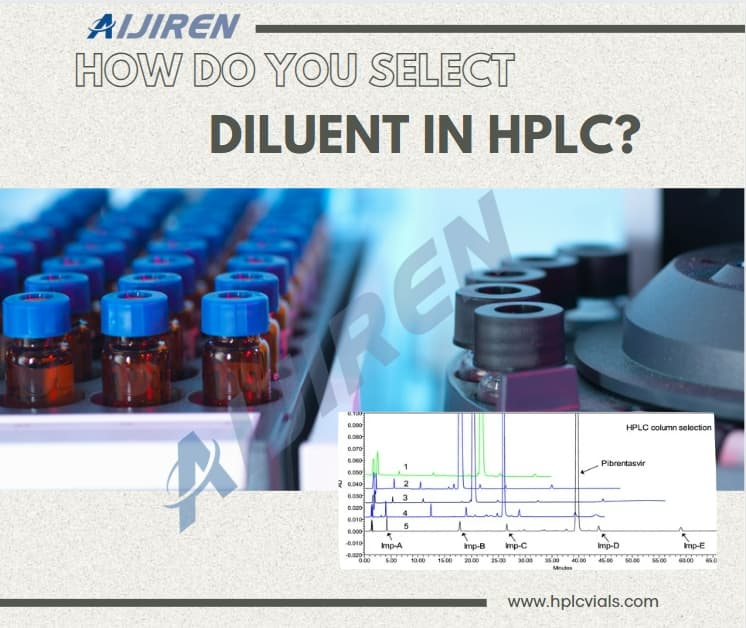
In this article, we will explore the importance of selecting the right diluent in HPLC and provide practical guidelines to help you make informed choices for your specific analytical needs.
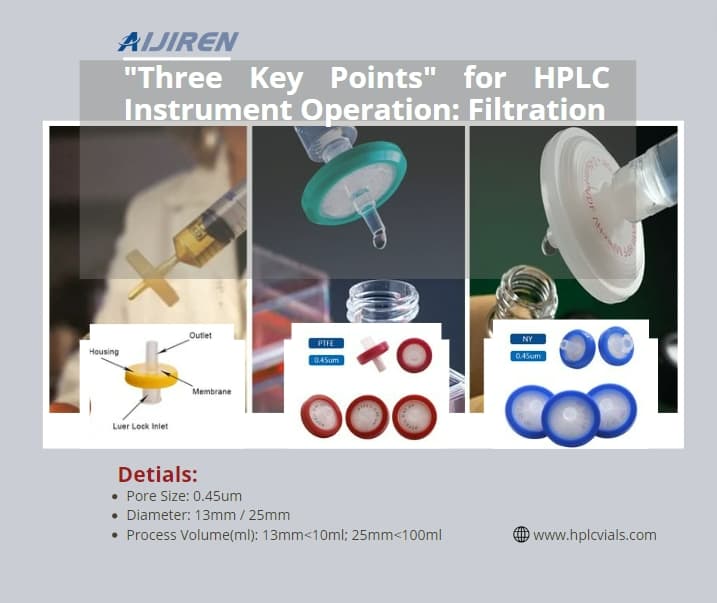
Any particulate matter entering the HPLC system will be blocked by the sieve plate at the inlet end of the column. The final result will be blockage of the column, which is characterized by increased system pressure and deformation of the chromatographic peaks. Therefore, various preventive measures should be taken, including operating procedures and various filtration designs of commercial instruments themselves, in an effort to prevent or reduce particulate matter from entering the HPLC system, thereby extending the service life of the instrument and chromatographic column, and improving the reliability of data.
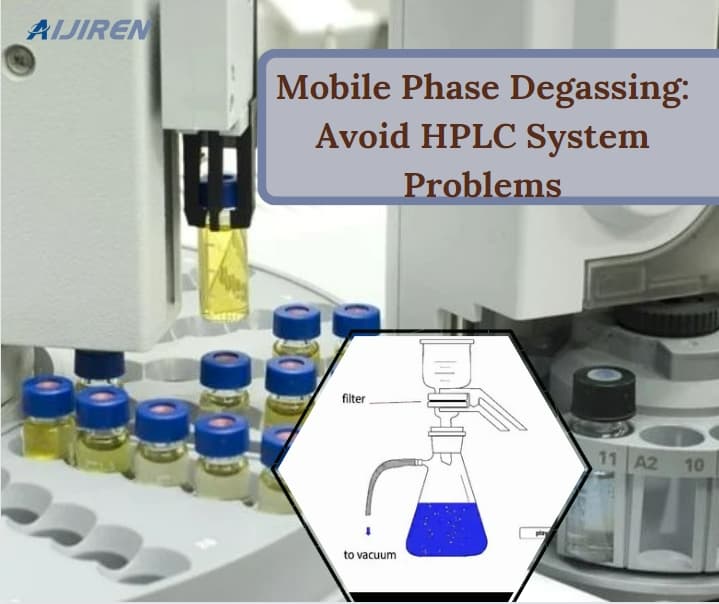
Degassing the mobile phase is a very effective measure to avoid problems with the HPLC system and to obtain ideal data smoothly. It is undesirable to have air bubbles in the system. HPLC pumps must generate a lot of force when transporting liquids.
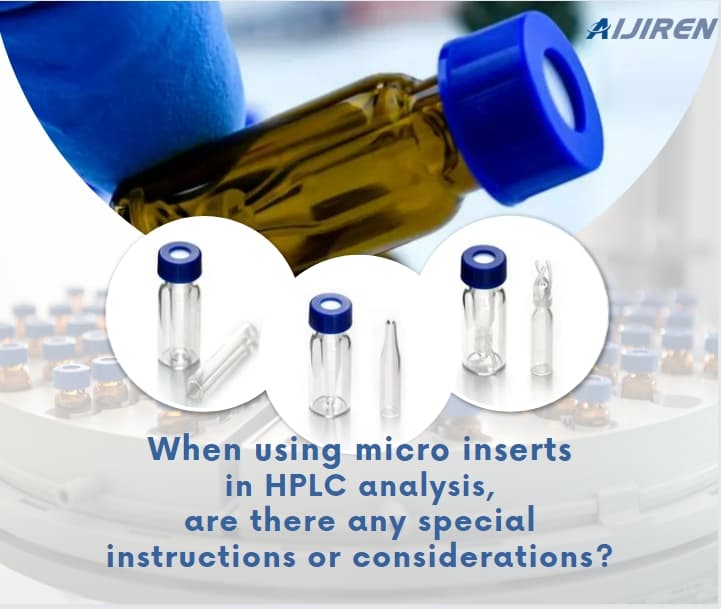
Micro inserts are valuable accessories in HPLC analysis, designed to enhance the accuracy and efficiency of chromatographic experiments. These tiny devices play a crucial role in sample containment and injection precision, ensuring optimal performance and reliable results.
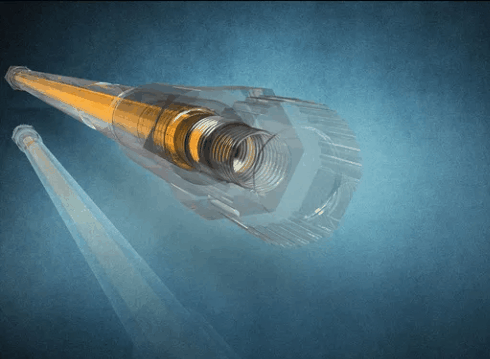
Last time we explained the causes of liquid chromatography column tailing. Today we will explain the causes of gas chromatography peak tailing.
Generally speaking, when dealing with gas chromatography peak tailing problems, it can be summed up in one sentence: XXX sample is tailing on XXX chromatographic column. What is the reason?
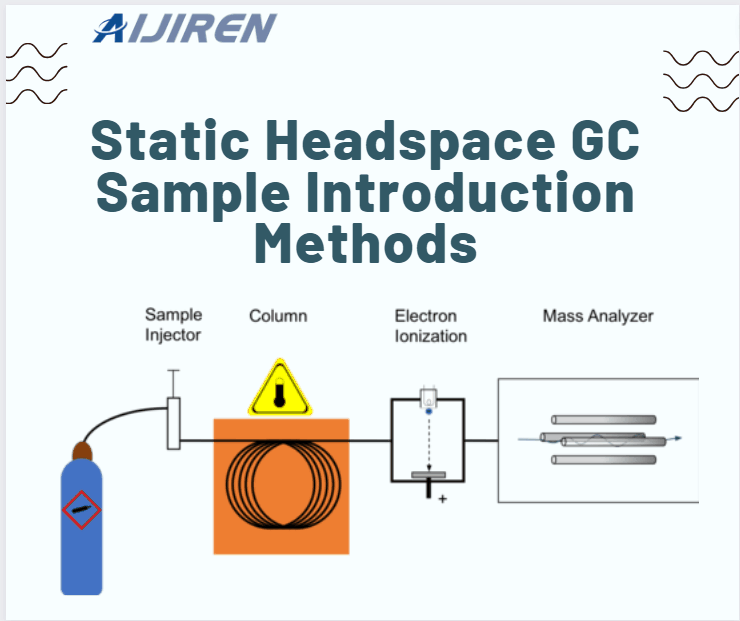
There are different sample introduction methods for gas chromatograph static headspace sampling, and you can choose the appropriate sampling method according to your own needs to reduce unnecessary troubles. Static headspace intrductions are available as syringe injections, equilibrium pressurized injections and dosing ring pressurized injections.